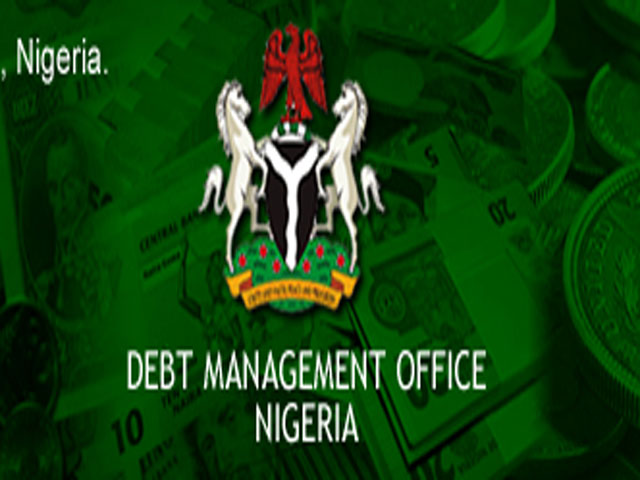The federal government may have put a stop to borrowing from the international debt market as the government has opted for domestic debt market, National Daily has gathered.
The new direction by the government was made known by DMO’s Director-General, Patience Oniha, who stated that due to the coming to an end of the implementation of the 2019 budget, the government would not be selling international debt this year.
So, the government would depend on the domestic debt market to raise N802.8 billion in 2019. This is part of its new domestic borrowing plan.
According to the Debt Management Office (DMO), the government would no longer seek funds in the international debt markets for the remaining months in this year.
Recall that in 2018, Nigeria issued a record of $10.7 billion of international bonds, and investors predicted that more would be offered in 2019 to cover the shortfall, which according to Bloomberg, is projected at N2.5 trillion ($6.9 billion).
In September 2019, a strategist at the Bank of America Merrill Lynch, Rukayat Yusuf, had said the government was expected to issue at least $2.6 billion in Eurobonds in the last quarter of the year.
There was a three-year plan approved by President Muhammadu Buhari’s administration in 2016 to borrow more from the international debt market. It was stated that 40% of its loans were projected to come from abroad in order to reduce the cost of borrowing and assist in funding Nigeria’s high budget.
According to the report, the last external debt of Nigeria was a Eurobonds worth $10.87 billion at the end of June 2019. This was a step higher compared to the Eurobonds at the end of June 2018 which was $8.5 billion.
The Debt office had reiterated in June that the government planned to issue Eurobonds this year after a report stated otherwise. The claim that part of FG’s external borrowing this year didn’t include Eurobond was denied as it was stated that though the government intended to seek cheaper funds from multilateral and bilateral lenders, the remaining balance would be raised through Eurobonds.

 Football1 week ago
Football1 week ago
 Health & Fitness2 days ago
Health & Fitness2 days ago
 Featured5 days ago
Featured5 days ago
 Comments and Issues1 week ago
Comments and Issues1 week ago
 Education6 days ago
Education6 days ago
 Business6 days ago
Business6 days ago
 Crime6 days ago
Crime6 days ago
 Business5 days ago
Business5 days ago

